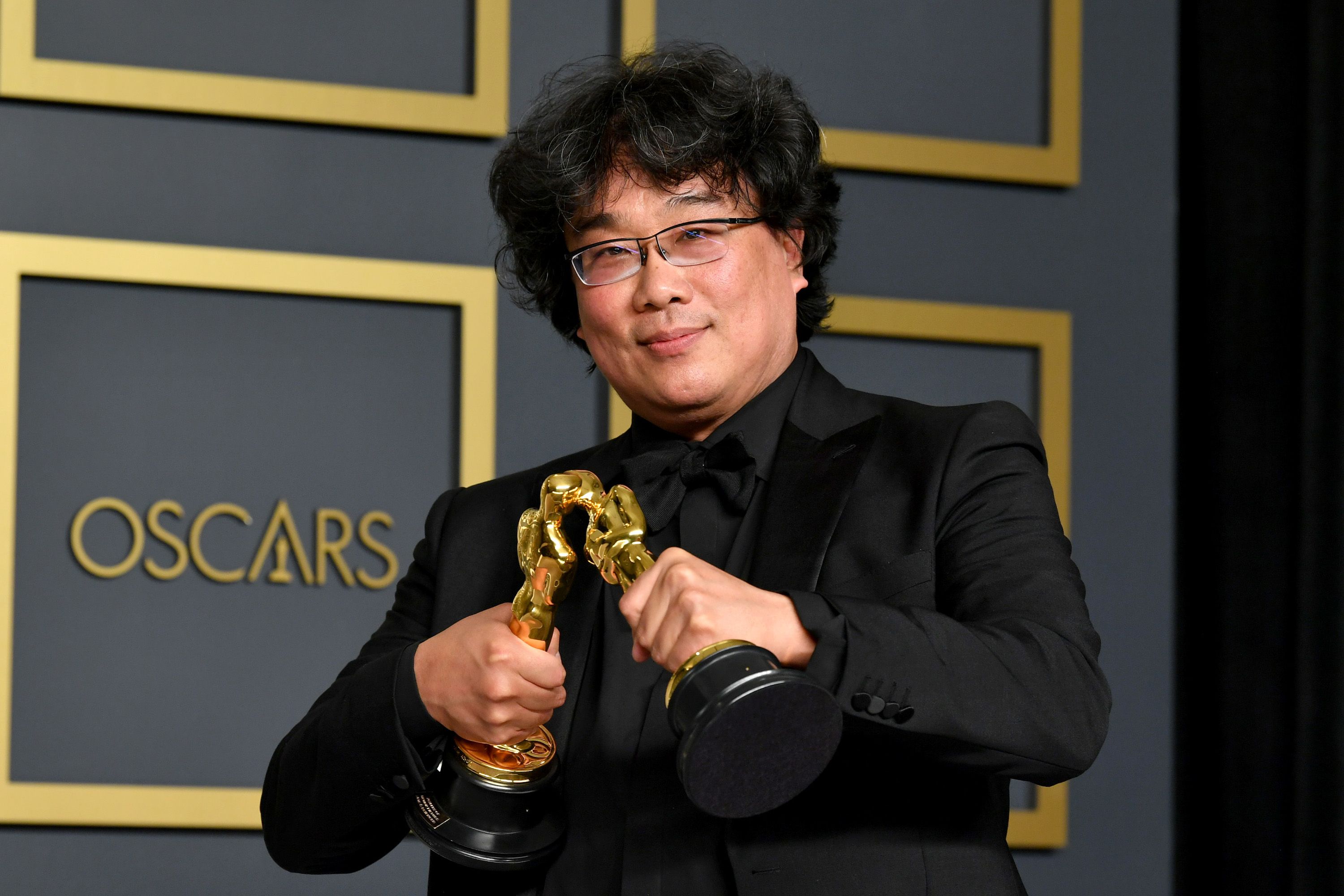Guy Debord, born on 28 December in 1931, was a Marxist philosopher and filmmaker who co-founded the Situationist International and authored “The Society of the Spectacle” (1967).
Guy Debord began his career as a writer after dropping out of the University of Paris, where he was studying law. Debord joined the Letterist International, a group of avant-garde French artists and intellectuals, when he was 18.
Debord was first to propose the concept of the “Spectacle”, referring to the role of media, culture and advertising in post-World War II consumerist society, and the way it is able to commercially co-opt and repackage counter-cultural ideas and movements.
On the nature of media and the new-found emphasis on appearance, Debord stated “Just as early industrial capitalism moved the focus of existence from being to having, post-industrial culture has moved that focus from having to appearing.”
The concept of “Spectacle” became central to the ideas of the Situationist International, which Debord co-founded in 1957. Ideas from the Situationists proved influential on protesters during the May 68 uprising in France, where quotes and slogans from Situationist work would appear on graffiti and posters.
Debord himself would disband the Situationist International in 1972, following internal tensions amongst its members, and would focus on creating experimental film and tabletop war games, publishing “A Game of War” in 1987.
Suffering from depression and alcoholism in his later years, Debord committed suicide at his home in 1994.
“The more powerful the class, the more it claims not to exist.”
- Guy Debord
Situationist International
The Situationist International (SI) was an international organization of social revolutionaries made up of avant-garde artists, intellectuals, and political theorists. It was prominent in Europe from its formation in 1957 to its dissolution in 1972. The intellectual foundations of the Situationist International were derived primarily from libertarian Marxism and the avant-garde art movements of the early 20th century, particularly Dada and Surrealism. Overall, situationist theory represented an attempt to synthesize this diverse field of theoretical disciplines into a modern and comprehensive critique of mid-20th century advanced capitalism.
Essential to situationist theory was the concept of the spectacle, a unified critique of advanced capitalism of which a primary concern was the progressively increasing tendency towards the expression and mediation of social relations through objects. The situationists believed that the shift from individual expression through directly lived experiences, or the first-hand fulfillment of authentic desires, to individual expression by proxy through the exchange or consumption of commodities, or passive second-hand alienation, inflicted significant and far-reaching damage to the quality of human life for both individuals and society. Another important concept of situationist theory was the primary means of counteracting the spectacle; the construction of situations, moments of life deliberately constructed for the purpose of reawakening and pursuing authentic desires, experiencing the feeling of life and adventure, and the liberation of everyday life.
The situationists recognized that capitalism had changed since Karl Marx’s formative writings, but maintained that his analysis of the capitalist mode of production remained fundamentally correct; they rearticulated and expanded upon several classical Marxist concepts, such as his theory of alienation. In their expanded interpretation of Marxist theory, the situationists asserted that the misery of social alienation and commodity fetishism were no longer limited to the fundamental components of capitalist society, but had now in advanced capitalism spread themselves to every aspect of life and culture.
When the Situationist International was first formed, it had a predominantly artistic focus; emphasis was placed on concepts like unitary urbanism and psychogeography. Gradually, however, that focus shifted more towards revolutionary and political theory. The Situationist International reached the apex of its creative output and influence in 1967 and 1968, with the former marking the publication of the two most significant texts of the situationist movement, The Society of the Spectacle by Guy Debord and The Revolution of Everyday Life by Raoul Vaneigem. The expressed writing and political theory of the two aforementioned texts, along with other situationist publications, proved greatly influential in shaping the ideas behind the May 1968 insurrections in France; quotes, phrases, and slogans from situationist texts and publications were ubiquitous on posters and graffiti throughout France during the uprisings.
-
Guy Debord: The Life, Death, and Afterlife of a Brilliant Crank :debord-tired:
-
Enragés and Situationists in the Occupations Movement :france-cool:
Megathreads and spaces to hang out:
- ❤️ Come listen to music and Watch movies with your fellow Hexbears nerd, in Cy.tube
- 💖 Come talk in the New Weekly Queer thread
- 💛 Read and talk about a current topics in the News Megathread
- ⭐️ September Movie Nominations ⭐️
reminders:
- 💚 You nerds can join specific comms to see posts about all sorts of topics
- 💙 Hexbear’s algorithm prioritizes comments over upbears
- 💜 Sorting by new you nerd
- 🌈 If you ever want to make your own megathread, you can reserve a spot here nerd
- 🐶 Join the unofficial Hexbear-adjacent Mastodon instance toots.matapacos.dog
Links To Resources (Aid and Theory):
Aid:
Theory:



fellxs of chapo dot chat, on the cursed dating apps if someone responds to your “showing active effort” opening message w/ a super low effort response do you tend to let it drop or try to keep the convo alive for a bit and give benefit of the doubt? I realize women have a lot of reasons to have their guard up on these dumpster fire apps and have probably been burned a bunch of times in the past, so the incentive to limit engagement until someone shows they’re probably safe and/or actually interested in putting in effort and/or actually interesting is probably high. But on the other hand god damn does it feel humiliating and dehumanizing to have to put on a show to prove you’re a worthwhile human being. really feels like throwing my self respect out the window.
anyway my gut is that if nothing else it’s good practice and the worst that’ll happen is radio silence or unmatch so there’s probably no harm in seeing where the convo goes. but what do ya’ll think?
i’m new to even getting matches please bear with me i am but a small babe freshly born pink and slimy and wailing into a void the expanse of which i have yet to
If it feels like a waste of time it’s probably a waste of time.
Keep it going but don’t continue to put in as much effort. Some people don’t appreciate it because it feels insincere and fake. Also it’s not worth putting in so much effort when they clearly don’t think it’s an important aspect of online dating. When I used dating websites I was a big detailed message guy and I was told it seems like I’m trying too hard.
Met my wife on a dating site btw. Been together 8 years
oh man this all feels so complicated/catch-22-ish I’ve seen so many people complain about how low effort guys are on these things. but ya i’ll see where this one leads while not putting too much thought/labor into it
I’ve seen so many people complain about how low effort guys are on these things. but ya i’ll see where this one leads while not putting too much thought/labor into it
Also, for more context, my current wife and I both canceled plans on eachother once before the actual first date. You never know what’s going to happen if you keep talking to someone but you know exactly what’s going to happen if you don’t
I never said it made sense to me either lol
Just keep in mind everyone else on there (who isn’t a bot) has a different perspective and can’t read the tone with which you wrote your message. You’re going to do great
Also try to meet IRL as soon as possible, long exchanges of messages are fun and all but it creates a strange dynamic where you feel like you know each other more than you do. Mico expressions and body language are very important to getting a feel for someone’s personality.
Good luck and try not to take rejection personally.
Just like how some people think detailed messages are trying too hard or think short messages are too low effort, I don’t think this is a general rule either
I’ve been told a few times that it’s too soon to meet up and they prefer to get to know each other over text a bit longer first
Some people just wanna go on dates while some don’t want to waste their time and commit to one unless they’re confident they’ll enjoy it/it’ll go somewhere
Interesting. I wonder how accurately some people feel they can both can properly express themselves over text, and also understand what the other party is trying to lay down.
Nobody is going to want to date me if I can’t make them laugh. I don’t want to date someone who I can’t make laugh. I don’t want to date someone who can’t make me laugh.
It’s a lot harder for me to make people laugh over texts. It’s easier if people already know how I communicate, but its still harder than in person.
So I’d always rather spend an hour or two getting ready and meeting someone in person to find out if vibes are good, sense of humors overlap, than to spend hours over a week+, checking for messages, thinking about what to say, thinking about what I said, all for it to fall flat. Or worse maybe, after all that, I finally meet them in person and vibes are wack.
Keep the conversation alive. If it dies its hard to get it going again. Maybe change topic, lower the effort a bit, also throw out a casual openness to meet IRL.
If you’re new at getting matches, I think it’s a pretty good idea to keep going on that convo, and all others, just to get a hang on how dating app condos work. It’s good practice, even if you think it probably isn’t going to lead anywhere.
And so you mind if I ask what your open is? J/w cuz a lot of people use these really canned “dating app” opening lines and I hate 'em.
I usually just ask something about a hobby or detail about their background/life story in their profile. In this case I asked about the country this person is from and their art (they’re an artist) while sprinkling in stuff about my own creative hobbies. If the profile is more lighthearted I might make some kind of silly joke or w/e. Worth noting I’ve whittled it down to only using Hinge and OKC, the pure swipers are just too demoralizing and dehumanizing for me. Being able to send an opening message based on a prompt or more detailed profile is at least a little less cold and detached.
I mean it’s all up to you, I don’t think there’s a wrong way to go about this
Personally I just drop it, it’s not worth my time and I need more than that
my take is if they send a low effort response then send them a low effort cat meme {has never once used a dating app}
you know what? i see the vision here…
deleted by creator